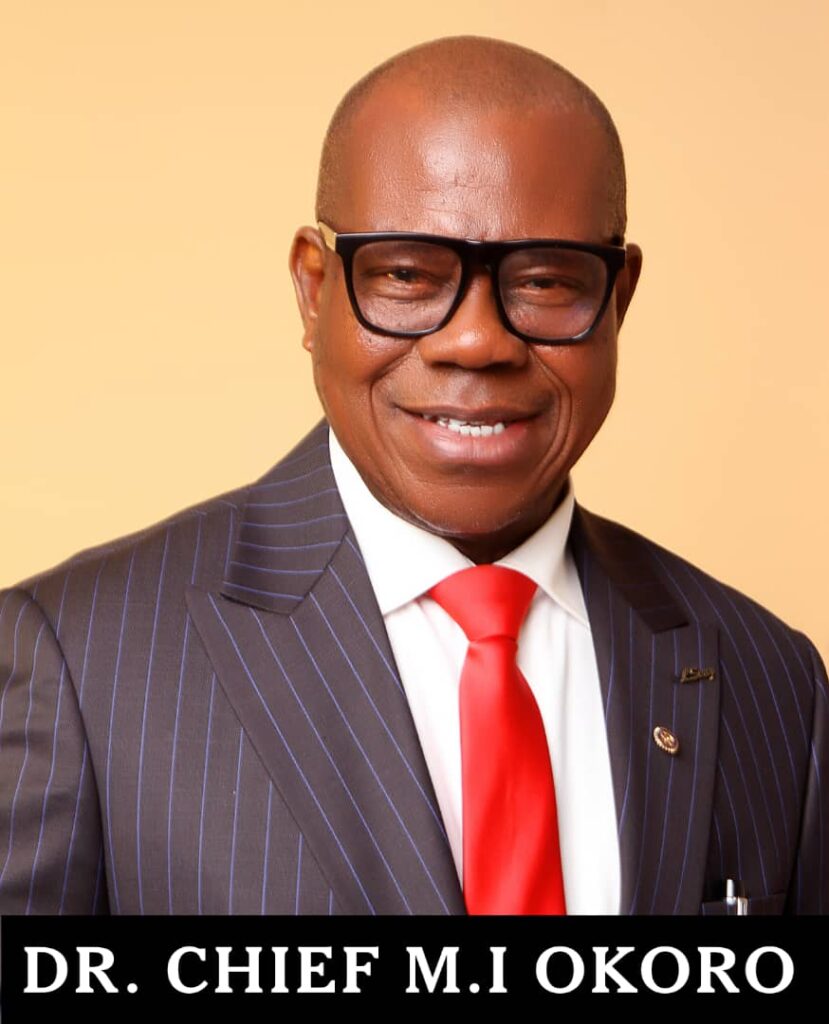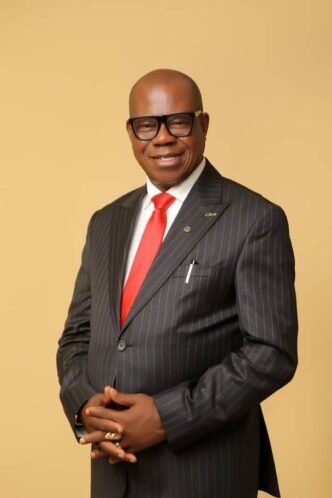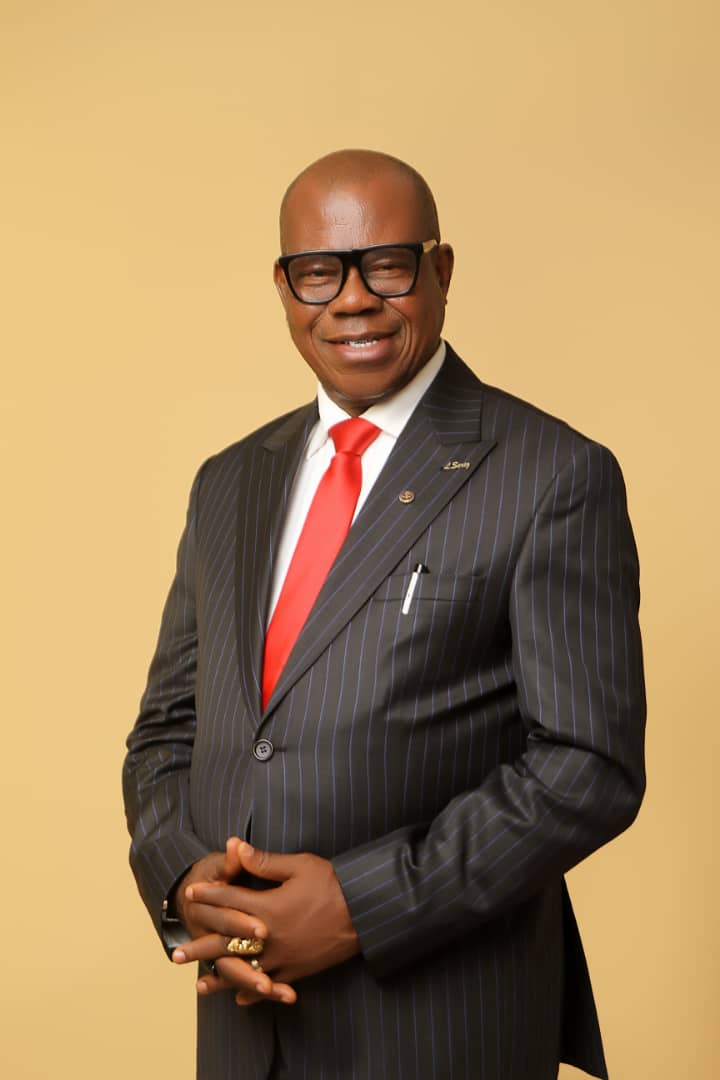For more than three decades, Dr. Meckson Innocent Okoro has navigated the unpredictable tides of Nigeria’s real estate market a sector he describes as both resilient and frustrating.
As the founder and principal consultant of M.I. Okoro & Associates, and a fellow of multiple professional bodies, Dr. Okoro has witnessed firsthand the evolution of the housing sector from the military era through Nigeria’s democratic transition.
His conclusion? While progress has been made, systemic barriers from land scarcity to the absence of genuine social housing continue to keep affordable housing out of reach for most Nigerians.
In an exclusive interview with Priscimedia, the former captain of Ikoyi Club’s Golf Section shared his professional journey, his blunt assessment of the industry’s trajectory, and the urgent reforms he believes could transform Nigeria’s housing sector.

“I have been in the industry for nearly 33 years,” he began. “From the time the military took over, the real estate industry was not booming because they didn’t pay enough attention to housing.
They built infrastructure like the Third Mainland Bridge and major highways but not much in terms of deliberate housing policies.”
According to Dr. Okoro, the Abuja housing boom in the early 1990s, following the federal capital relocation, was driven largely by private developers, not government-led initiatives.
Housing costs were far cheaper then, enabling more private investments. But the trend shifted as demand began to outpace supply, pushing prices upward and making homeownership unattainable for many.
For Dr. Okoro, the root cause of Nigeria’s housing crisis is structural: a lack of long-term, affordable mortgage financing.
“Until we embark on social housing, housing not built for profit but funded through taxpayer money or long-term loans the gap will persist,” he explained.

“In countries like the UK or the US, the moment you get a job, mortgage institutions approach you with offers to pay over 25 to 30 years at single-digit interest rates.
That’s why corruption is lower there. Here, when government workers or politicians know they have no guaranteed housing after retirement, they see stealing as a survival strategy.”
The veteran consultant is equally critical of the Land Use Act of 1978, which, in theory, should have simplified land access but in practice has been misinterpreted and abused by state governors.
“Instead of making land available to genuine developers, they allocate it to political loyalists who then sell at inflated prices,” he lamented.
In Lagos, where Dr. Okoro is based, land scarcity has become one of the biggest hurdles for developers.
“The Lagos State government treats land the way oil-producing states treat crude oil. You sweat to get it, and often you’re forced to buy from the secondary market after it has passed through multiple hands. This drives up costs and makes development even more expensive,” he said.
Funding is another obstacle, Commercial bank loans often come with interest rates of around 35% per annum in which the result is the proliferation of abandoned, uncompleted structures across the country.
Though not a property developer himself, Dr. Okoro has built his consultancy business on guiding clients through safe and legal land acquisitions, steering them away from land fraud and the notorious Omoonile disputes that once plagued Lagos.
He attributes his success not only to expertise but also to his code of ethics a value he says is equally important in his other passion golfing
Beyond real estate, Dr. Okoro is a long-standing member of the Ikoyi Club, having joined in 2002.

As past captain of its Golf Section, he has overseen facility improvements and fostered an environment he describes as progressive and integrity-driven.
His aspirations now extend to becoming chairman of the club, a position that requires not only long-standing membership and integrity but also the political skill to navigate the club’s diverse and influential membership.
“Ikoyi Club is the biggest recreational club in Africa and Asia, with over 20,000 members, including governors, ministers, and corporate leaders. To be chairman, you need clout, high ethical standards, and the ability to protect the interests of all members from elders to junior members while maintaining world-class facilities,” he explained.
Dr. Okoro’s golfing calendar is as busy as his real estate work.
This month alone, he will travel with a team to Zimbabwe and Victoria Falls for a golf tournament before heading to London for another event.
For him, golf is more than a sport; it is a global networking platform where integrity is the currency of trust.
“If you’re corrupt, you can’t play golf. Cheating on the course will follow you off the course people won’t do business with you,” he said.
When asked about the future of Nigeria’s housing sector, Dr. Okoro’s tone turned somber.
“There’s no future not with the current mindset of our policymakers. For over 30, 40 years, there’s been no special housing provision in the federal budget. Without a government willing to make housing a national priority, we’re just going in circles,” he concluded.














Rightly so. The demand, the supply and pricing must be fair for everyone irresponsible of the status